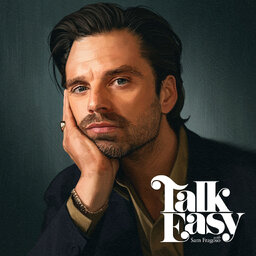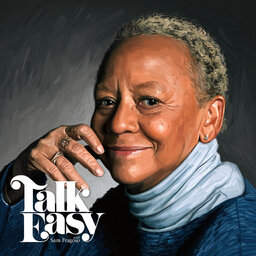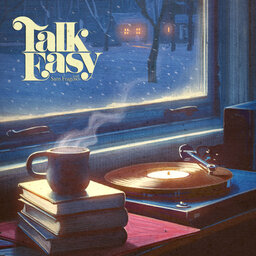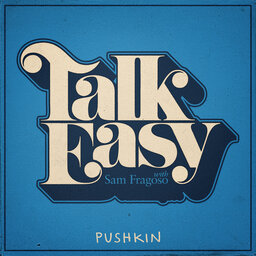Pedro Pascal: A Life of Dreaming
This week we sit with actor Pedro Pascal! We begin with the release of his new film, The Unbearable Weight of Massive Talent (5:02), working with childhood idol Nicolas Cage (6:50), why his parents left Chile (11:40), the John Hughes classic his dad wouldn’t let him watch (17:00), and the Tony Kushner play (20:21) that inspired him to give acting a go in New York City (25:07).
On the back-half, Pedro reflects on his first jobs on screen (27:52), the story of his mother’s passing (29:50), the friends who kept him afloat (36:20) as he built a career in theater (36:48), redefining childhood dreams in adulthood (42:34), and what really matters to him at age 47 (47:37).
In 1 playlist(s)
Talk Easy with Sam Fragoso
Talk Easy with Sam Fragoso is a weekly series of intimate conversations with artists, activists, and…Social links
Follow podcast
Recent clips

The Year of Actor Sebastian Stan (‘The Apprentice’)
1:16:35

Remembering Poet Nikki Giovanni
44:21

Talk Easy in 2024: A Mixtape
58:40
 Talk Easy with Sam Fragoso
Talk Easy with Sam Fragoso